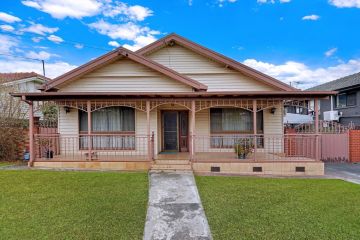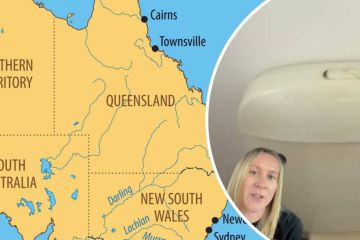Thinking of buying abroad?

Given the current housing prices in Australia, investing in property overseas could seem a smart move to the savvy investor. Think post-GFC United States, where the property prices plummeted while still commanding solid rent. Having said that, investing in property overseas is a complicated affair that’s not for the faint of heart. Before you plan your global takeover, consider the following.
Living the dream
According to Ben Kingsley, chair of the Property Investment Professionals of Australia (PIPA), there are two main reasons people invest overseas. The first and foremost reason is for the investment opportunities. “They see a market downturn and therefore think they’ll get quick gains,” Kingsley explains.
The second reason is far more emotionally based and relates to a holiday experience “whereby [investors] came across the chance to buy into the dream of having their own holiday property while getting the potential of having it deliver returns via a serviced apartment or holiday-letting set-up,” says Kingsley.
Additionally, you can make great returns when the Australian dollar is high. But you need to do independent research and be willing to work with people in the know. Kingsley advises paying local professionals for advice (think local law firms, accountants and global real estate agency groups that specialise in helping potential overseas property investors buy in their countries).
Food for thought
First, you need to look into the tax situation. “Australia has different tax arrangements with different countries around the world. For any income you produce outside Australia, each country has different tax consequences,” explains Kingsley. “Australians looking to buy overseas properties could also benefit from talking to specialist tax advisers within the country of interest, as there could be benefits to setting up an investment entity to buy the property in. This could minimise some of the costs of holding the investment property and furthermore produce potential savings on tax payable back in Australia.” The Australian Taxation Office can offer more information.
Be aware that, because you are no longer dealing purely with Australian dollars, you are subject to currency fluctuations. Although these fluctuations can be positive, Kingsley points out that they can work against you as well. “Currency fluctuations can sometimes be a negative … if you borrow money in that country and the Australian dollar tanks, then you’ll be paying higher holding costs on your investment property,” he says.
Kingsley also advises looking into the political stability and levels of corruption in the country. “If something serious goes wrong, you’re in a very vulnerable position,” he says.
Naturally, property maintenance won’t be as straightforward as it would be closer to home, which is another aspect you need to think about. And arm yourself with knowledge – learn about the local property market and economy, as well as planning regulations of the area.
According to Kingsley, you need a certain constitution to play in the overseas property market. “It really isn’t the domain of the lazy, speculative investor,” he says. “Investors looking to invest overseas need to understand their investment returns are going to require a lot more of their time to manage the investment and keep on top on it. I wouldn’t recommend novice investors purchasing overseas.”
Yes, buying abroad can be a win-win situation, but it can also go pear-shaped if you go in with your eyes closed. Be prepared to put in the effort and requisite research if you intend on buying that dream casa on the coast of Spain.
We recommend
We thought you might like
States
Capital Cities
Capital Cities - Rentals
Popular Areas
Allhomes
More







